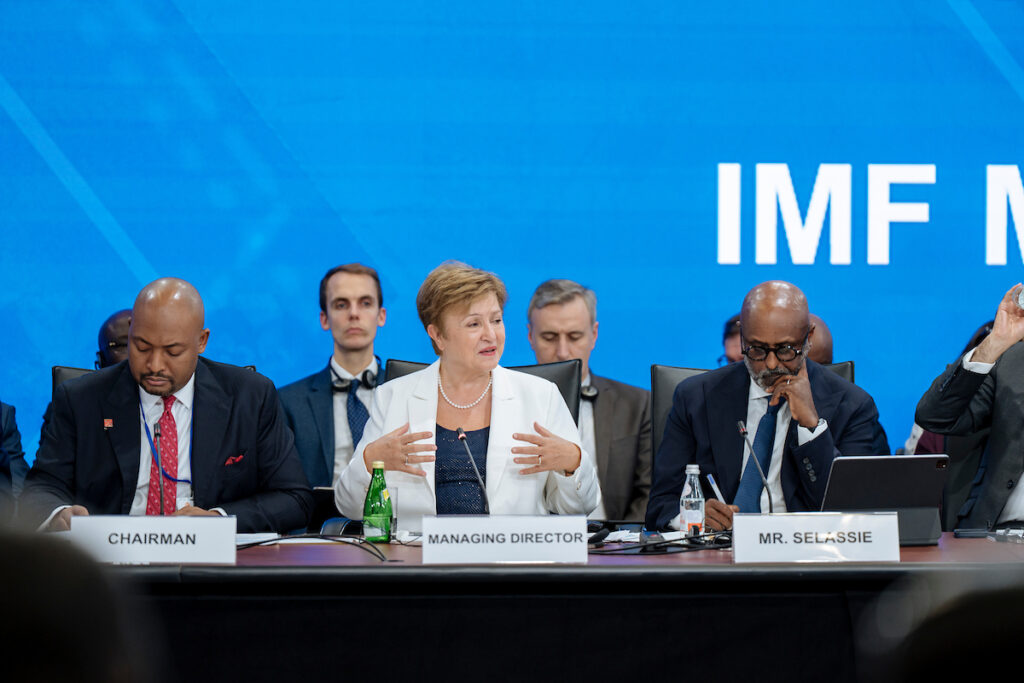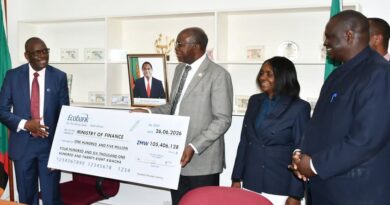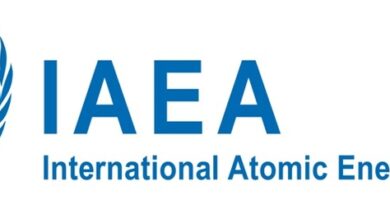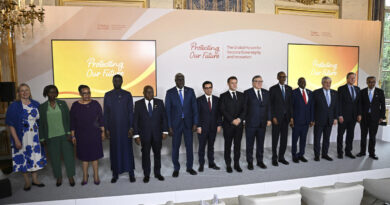IMF and African Caucus Pledge Stronger Partnership for Sustainable Growth
The African Caucus and the International Monetary Fund (IMF) have reaffirmed their shared commitment to advancing Africa’s economic resilience, sustainable growth, and long-term development, following a high-level meeting held during the 2025 IMF–World Bank Annual Meetings.
In a joint statement, Mr. Hervé Ndoba, Minister of Finance for the Central African Republic and Chair of the African Caucus, and Ms. Kristalina Georgieva, IMF Managing Director, acknowledged Africa’s economic resilience amid a challenging global environment marked by policy uncertainty, rising protectionism, and climate shocks.
Despite these headwinds, Africa’s growth is projected to remain steady at 4.2 percent in 2025, supported by easing inflation, stronger macroeconomic management, and ongoing reforms. Debt levels have stabilised at around 65 percent of GDP, while inflation is expected to average 4 percent across the continent.
The Caucus reaffirmed its commitment to safeguarding macroeconomic stability while pursuing inclusive growth through job creation, enhanced access to social services, and improved fiscal governance. Ministers pledged to strengthen domestic resource mobilisation by expanding tax bases, digitalising revenue systems, and promoting transparency in public finance management.
The statement also highlighted the importance of climate resilience, noting that extreme weather events are already reducing output by up to two percentage points annually in the most vulnerable economies.
The IMF highlighted the reform of the Poverty Reduction and Growth Trust (PRGT), which now provides concessional lending averaging SDR 5.2 billion (US$7.1 billion) annually, including zero-interest loans for the poorest countries. Additionally, the Resilience and Sustainability Trust (RST) continues to support African nations in addressing structural challenges, with nearly half of the 26 approved programmes targeting African economies.
Ms. Georgieva reaffirmed the IMF’s “strong commitment to its African members,” pledging continued collaboration to expand fiscal space for infrastructure, human capital, and institutional development.



